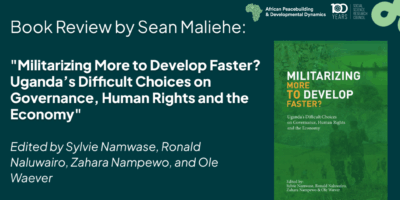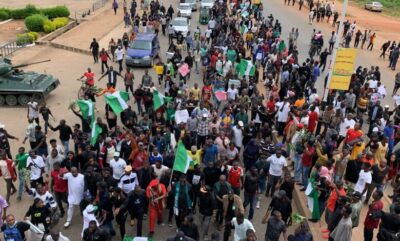A new journal, History of the Present: A Journal of Critical History:
History of the Present is a journal devoted to history as a critical endeavor. Its aim is twofold: to create a space in which scholars can reflect on the role history plays in establishing categories of contemporary debate by making them appear inevitable, natural or culturally necessary; and to publish work that calls into question certainties about the relationship between past and present that are taken for granted by the majority of practicing historians. Its editors want to encourage the critical examination of both history’s influence on politics and the politics of the discipline of history itself. The journal’s object is to showcase articles that exemplify the practice of what might be called theorized empirical history. It is in the actual writing of history, based on mainly on archival evidence, that our contributors will offer readers an alternative to approaches that predominate in existing journals. A good number of established and new scholars in the United States and abroad are doing exciting and important archivally based historical writing of this sort. No history journal currently published, however, has devoted itself specifically to fostering this work and providing a dedicated forum for it.
The journal’s aim is to provide an intellectual space for historical scholarship that is explicitly political, but not in the usual sense of that word. The point is to link the present to the past not as its inevitable outcome, but as the contingent product of changes in relationships of power and in the ideas through which such relationships are conceived. We are less interested in articles that concentrate on the affairs of governments or politicians than in those that analyze the operations of power. We will seek work that approaches power not from a position of simple moralism, not as a denunciation of past injustices or an exposure of the ways the powerful have oppressed or victimized their “others.” Nor will we look for work that seeks to right the balance of past mistreatment, showing, for example, that those thought to be without power–women or homosexuals or colonial subjects or workers– indeed had “agency.” Rather, we will look for articles that analyze power relationships in their complexity: how are they established and justified? How has history been used to legitimize or challenge them? So, for example, rather than publishing a piece making the familiar argument that a “clash of civilizations” of long standing is at the heart of politics in the Middle East, we would invite contributors to ask how that idea is used to reduce the complexities –economic, social, religious, political, international–that structure the conflicts and so make sharp partisan divisions possible.
The editors—among them, Joan Wallach Scott—compare their project to journals such as Public Culture and Critical Inquiry. For further details, check out the journal’s website.
[h/t Stuart Elden]












